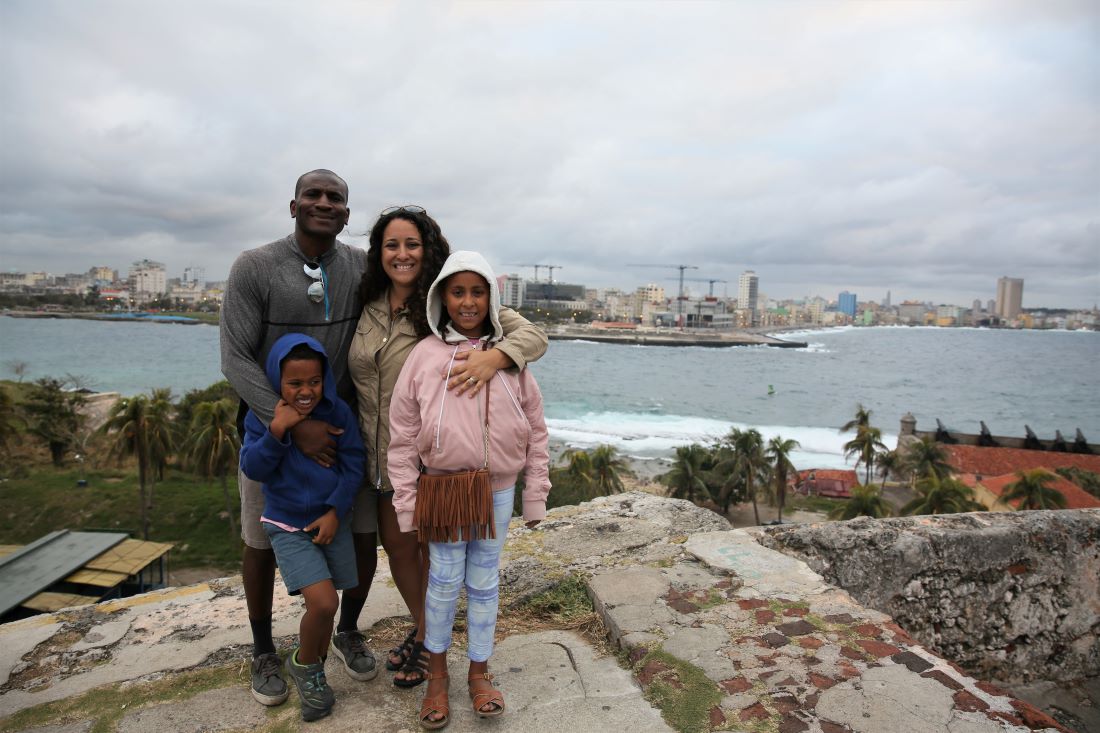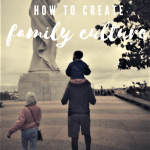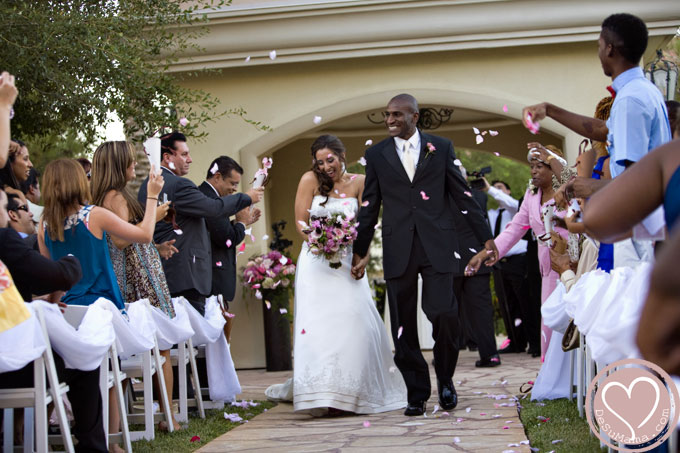When we think about culture, most of us think of country cultures or cultures of ethnic and religious groups. But culture can be found in any organizational system. Truth be told, our little families have a culture too! Today, with the support of the team at #TalkEarly and Responsibility.org, this sponsored post is all about how to create your own family culture and nurture your children with the values they need to make great life choices. All opinions are my own.
What is Family Culture?
A family’s culture is defined by the rules, values, and traditions that govern its everyday life and routine.
Family culture is the organizational characteristics of thinking, feeling, judging and acting which establishes the foundation in which children are molded. Family culture will inform our assumptions on what is right and wrong, good or bad, and create traditions, values, and norms. Family culture is also found in food culture, how we spend money or the ways we manage our time.
Though many people don’t take the time to think about family culture, we all carry the nuances of those behaviors acquired in childhood well into adulthood. Family culture is created whether we’re mindful of it or not. It happens by default! Simply by interacting with our loved ones, a culture emerges to set norms and life patterns that can span generations and inform oral history even if not consciously established. So why leave it to chance?
Culture in Family Family Values & Norms
Family Values & Norms
When you define your values, it’s so much easier to make decisions. Though life will surprise us, knowing who you are, what you believe in and how you wish to represent your family will ease big life choices by providing clarity.
When they’re in a bind or need help redirecting negative mindsets, I ask my kids three open-ended questions:
Who are you? We say our names out loud. We affirm our presence and free will. We understand that with a focused and positive mindset, we can move mountains.
What do you believe? What do you believe individually? What core values inform our decision at this moment?
How do you represent this family? To some, this might feel like a lot of pressure for a kid, but our culture places a huge value on family. We belong to each other and represent the unit in all ways. Our hope is not only to promote feelings of belonging and connection but, indeed, also a responsibility to the greater good.
Related: Think for Yourself: How to Combat Peer Pressure
Multicultural Families
Multicultural families especially benefit from the practice of defining culture because of the potentially varying belief systems that come married into the new family unit. My mixed family has blended traditions and norms from varying experiences – from our African American roots to our commitment to the Spanish language and even infused with Mexican family culture from growing up in Southern California.
For example, alcohol in my life was not taboo. I grew up with alcohol very much in our everyday lives, especially during family events, and it was common for kids to be allowed to sip if curious. Contrary to my experience, my husband never saw his parents drink alcohol and still refrains from doing so in his mother’s presence out of respect.
Though we come from two different family cultures, my husband and I have blended our values to be centered on openness and health. We openly model moderate alcohol consumption but remain firm in our decision not to allow the kids to sip out of curiosity. My husband and I discussed the latest research surrounding kids and alcohol (linked in the post below) and agreed that obeying consumption laws was an important standard we wished to uphold.
Related: Alcohol and Kids: Should We Let Our Kids Sip?
Take a minute to assess whether your family norms around alcohol is congruent with the values you want your kids to grow up with. For more research and fantastic resources, check out the many articles on Responsibilty.org.
Family Relationships
How to Create Family Culture
This is such a fun positive parenting exercise! Before you get started, here are a few reminders:
- Make it fun: family culture is FUN! Keep conservations light-hearted and jovial versus restrictive and burdensome.
- Make it memorable: Simple, short quotes or sayings are great for kids to remember what their core values are when making big decisions.
- Make it clear: this isn’t the time to walk a thin line. Make big value statements that kids can distinctly identify. Lean into your beliefs so that kids can rely on them as they grow up.
Here are 3 steps to create your own family culture.
Family Mission Statement
Think about your family vision; what is the family purpose? Clarity in this regard provides motivation, inspires behavior and creates a united front. Write down a few statements that describe your family mission statement by answering the question, “We’re the type of family who…”
There can be hundreds of statements made and they’ll evolve as your kids grow. Some examples can include, “We’re the type of family who…”
- does the right thing
- chooses kindness
- adventures together
- keeps ancestors and loved ones alive by telling stories of them (passing down oral history)
Family Business Plan
Establish how your family conducts the business of life together and the roles each member plays. A well thought out plan can equate to harmonious, efficient family life. Remember that family roles don’t have to be equal to be effective. Big sister will and should be able to contribute more than her toddler brother. The focus should be on creating a family business plan that makes each member feel valued and connected while also serving the greater culture.
Some ideas for setting a family business plan are:
- how are domestic chores divided?
- what obvious roles currently exist in the family? Can they be improved?
- does everyone feel challenged with growth opportunities in our current family culture?
- do we prioritize open communication when we’re not feeling supported?
Living in Congruency
A well-defined family culture helps the unit live with more congruency. The most rewarding aspect of defining a family culture is that you feel so much less dissonance and stress in your everyday life. If you want to have great relationships but the family culture consists of secretive or manipulative behavior, gossip or false narratives, that can be super stressful!
By creating a family culture, your children are also set off into the world with core values that inform their life choices – whether that be the friends they choose or the amount of risk (healthy or not) they wish to be involved with.
Family culture is created no matter what – might as well be deliberate with fun family conversations! Who knows what you’ll learn about each other.






